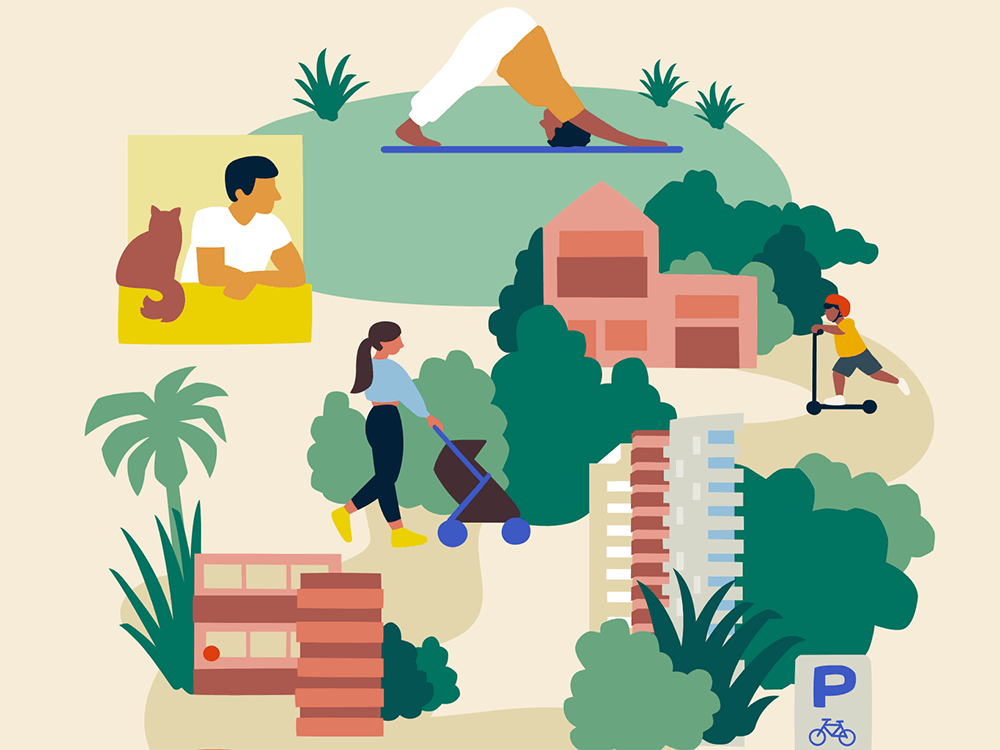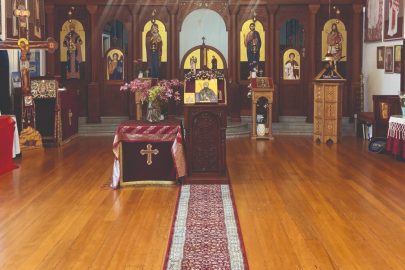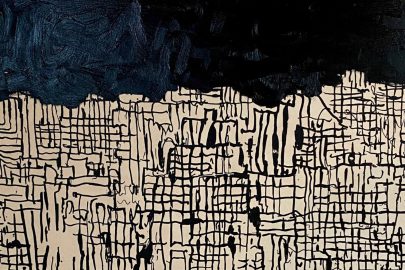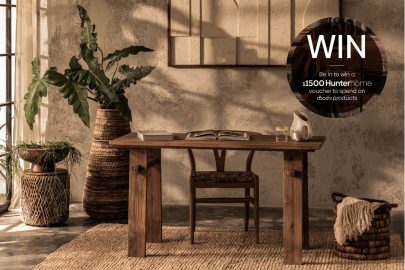Mar 1, 2021 Urban design
It’s been one hell of a year.
It has been one hell of a year. A year marked by citizenry. Covid-19 has radically changed our world in a matter of mere months. Here in Aotearoa, we had an election and two referendums. Then the fever dream that was the US presidential race, with Joe Biden stalled just short of victory for days, while we pored over vote counts in districts we’d never heard of before.
It’s been a year where how we feel about what is and isn’t a human right and how the state should work to see those rights realised is playing out in demonstrations of citizenry. Lockdowns, complying with lockdowns, public mask wearing, protesting mask wearing, Black Lives Matter marches in varying phases of lockdown, anti-lockdown protests: having a voice, having a say in what we think a life worth living is, has, in 2020, turned differences in ideology from inward-facing beliefs to outward-facing action, making civic forums of the city street here and across the world. Cities have watched the year play out — their buildings unnervingly empty, their streets tidal with disquiet and, for some, their hospitals catastrophically swollen with death and disease. We have seen cityscapes take on the communal grief of the pandemic while we stayed home and tried to stay sane.
Here in Tāmaki Makaurau/Auckland, over the course of both lockdowns, Victoria Park became a sanctuary for me, a central city renter. Most early evenings after work, I would make my way around the central green in and out of the dappled bowers while others also enjoyed the autumnal dusks. Cute little kids played with their parents (probably long gone mad balancing home-schooling and professional life), lovers walked and chatted (probably having long had enough of listening to each other on Zoom), and joggers ran like urban gazelles, smoking past it all glossy with what always looked to me like sweaty, virulent, community potential. Drawn to the park to escape domestic confinement, I was met with fellow citizens and it was lovely. If cities in a global pandemic transformed into places of paranoia and despair, Victoria Park demonstrated that cities were also places of joy, respite and humanity.
It has been one hell of a year. And those evenings shared with fellow city dwellers were a balm for my anxious soul. On those nights, forced to slow down and just ‘be’ somewhere rather than racing late to a thing, it was apparent to me that we have a right to the city, as individuals and as collectives. Cities are silent observers in exercises of democracy and, if they’re considered at all, tend to be cast as passive actors in the making of citizenship. I prefer human geographer David Harvey’s perspective, which considers the making of cities as a means of human liberty: “The freedom to make and remake ourselves and our cities is … one of the most precious yet most neglected of our human rights.”
Using Victoria Park as a regional case study to imagine such potential here, we could propose as a human right that the cityscape is freely accessible — physically and financially — designed to enhance the wellbeing of everyone, and maintained by governing structures using taxes so that we may all enjoy it continuously. The handshake we make with the state as taxpayers is that we invest in and respect the infrastructure and processes that enable such city-making. The making and remaking ourselves in the city park is beginning your walk silently annoyed (or enraged) by your fellow bubbler to looking forward to reuniting with loved ones with same said fellow bubbler as the day hangs up its cloak. It is strolling arm in arm with a partner as the trees make umbrellas of their branches after another day of uncertainty. It is running until you sweat out a league of frustrations endured in a makeshift workspace. To me, this is what Harvey is saying: to live full lives in cities that celebrate a full life is a human right. We ought to ask this of the cities of Aotearoa. Do they allow us to live our fullest lives? The good news is that we might take our restored commitment to citizenry to mobilise for the city and our right to it. And, in doing so, create the equitable, sustainable, and liveable cities fit for us and those who come after us.
It has been one hell of a year, but change is afoot. A change we must fight for in this city is viable housing options that allow us full lives. We have seen some progress, but the cultural attitude (and complacency) towards housing as a financial asset rather than as a home has rendered us with uninspiring and ageing apartment towers. The state has shown how it will intervene in a public health crisis but what about housing? What about how these buildings shape how the city feels? Why is there not the same urgency, given what is at stake? Feelings aside, homelessness in this country is at crisis point because we have watched passively as the city has been taken from us as a place to live: to make and remake ourselves.
But there are ways to be less passive. One is what we accept as the cultural norm of affordable, liveable housing in our cities. Worryingly, I hear others from my generation say resignedly, “Well, you just have to move out of Auckland”. I hear the generation above say condescendingly, “Well, there is still market choice if you are willing to give up avocado toast.” (I was told this the same day I looked at a nice one-bedroom apartment on the second floor of a residential block in Avondale for over $500,000.) To both, I reply: we cannot give up the right to equitable cities, because to give up the right to that is giving up the right to lives well lived. We have to be open to new models of organising our cities. The less-than-good news is that there is work required of us to fight for our city. But, it is worth it. Because a life lived is, as we have found out this year, worth everything. And a life well lived is our most precious human right.






